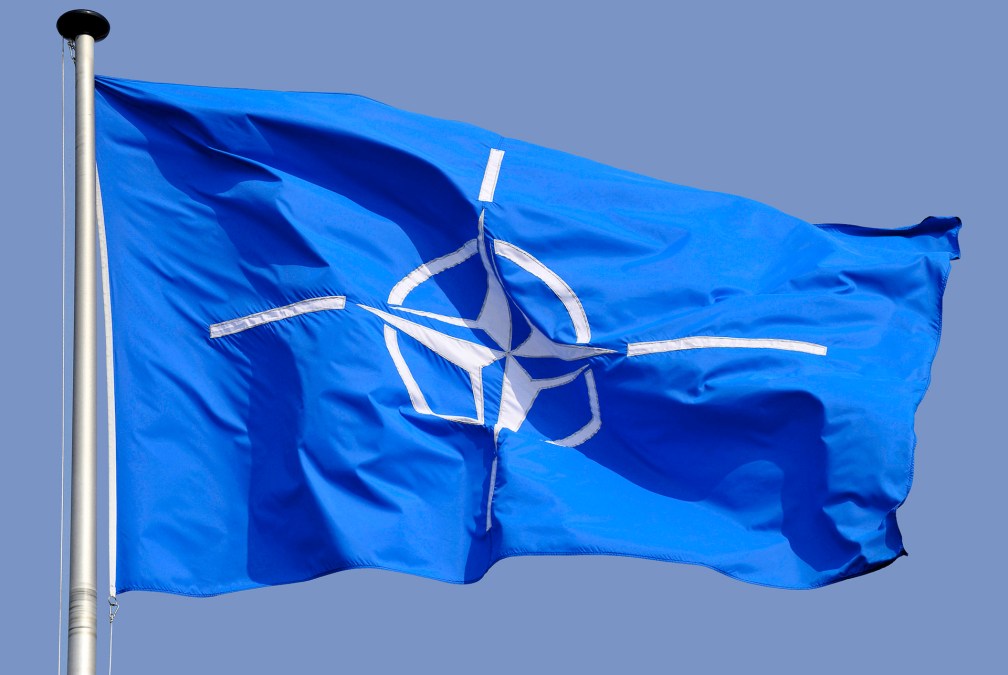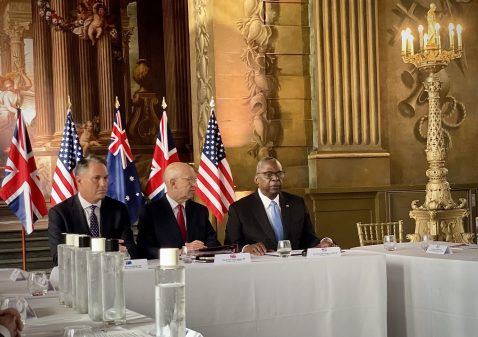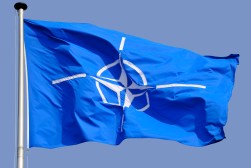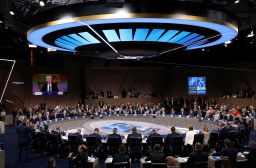Emerging tech to have prominent role in NATO’s new strategic concept

Emerging and disruptive technologies will be a key focus area of NATO’s new Strategic Concept which will be unveiled later this month, the U.S. ambassador to the alliance told reporters Wednesday.
The document is expected to be adopted at the upcoming NATO summit in Madrid, marking the first time in more than a decade that the transatlantic military pact has released a new Strategic Concept. The guidance sets the alliance’s strategy and security tasks, outlines the challenges and opportunities it faces in a changing security environment, and provides direction for its political and military implementation.
There will be “a lot on new threats and challenges, a heavier emphasis on things like emerging and disruptive technologies, heavier emphasis on new domains like cyber and space, more on climate change,” U.S. Ambassador to NATO Julianne Smith told the Defense Writers Group in Washington.
Smith did not elaborate on what the emerging technologies are, and FedScoop did not have the opportunity to ask her about them before the meeting with reporters ended.
However, individual members of NATO have already their signaled interest and concerns about unmanned systems, AI, autonomy and hypersonics, among other emerging capabilities. For example, last week senior Pentagon officials and their U.K. counterparts signed an Artificial Intelligence Cooperation Statement of Intent, setting shared strategic objectives related to AI readiness. The agreement “will deepen AI cooperation between the two Allies, maintaining and increasing interoperability and promoting values-based global leadership for the responsible development, procurement, and use of AI in defense,” according to a DOD news release.
Non-NATO members from the Asia-Pacific region will also be attending the summit for the first time, including Australia, New Zealand, Japan and South Korea. The threat posed by Russia and China will be addressed during discussions and in the new Strategic Concept.
At the meeting leaders will have an opportunity “to have a conversation about what we’re both seeing. It’s been interesting for me to watch, say, countries in the Asia-Pacific talk about hybrid threats on their side of the Pacific, how are they grappling with disinformation, cyberattacks, the aggressive tactics that they’re seeing, acts of intimidation from China. And then you pair that with an Estonian or a Lithuanian and they talk about some of the challenges that they’re seeing from Russia,” Smith said.
“It’s about sharing lessons learned, sharing new policies that we’re developing. We’ve had a number of conversations about emerging and disruptive technologies [and] how are we grappling with that,” she added.
Other topics expected to be discussed at the confab include NATO’s force posture in Eastern Europe, and Sweden and Finland’s plans to join the alliance.






